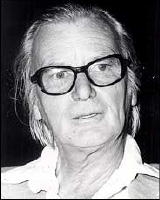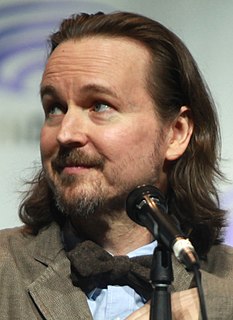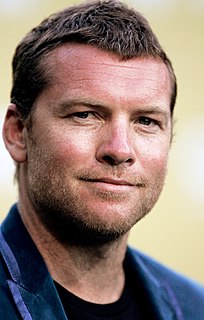A Quote by J. Lee Thompson
'Battle For The Planet Of The Apes', was just a film for kids and didn't have any deep meaning.
Related Quotes
What I thought was so great about Rise [of the Planet of the Apes ] was that it wasn't a retelling; it was an entering of the universe at a different point. So it's Planet of the Apes. We already know the ending. There's no mystery in that! It becomes Planet of the Apes. So it's not about what is at the end; it's about how did we get there? And that enabled something that was totally fresh, which was an ape-point-of-view movie.
India has millions of internally displaced people. And now, they are putting their bodies on the line and fighting back. They are being killed and imprisoned in their thousands. Theirs is a battle of the imagination, a battle for the redefinition of the meaning of civilisation, of the meaning of happiness, of the meaning of fulfilment.
If 'Star Wars' wasn't enough to prepare me for a dark future, there was the 'Planet of the Apes' franchise, conveniently repeated for me in Los Angeles on KABC's Channel Seven 3:30 movie. Apes enslaving humans! Mutants with boils and an atom bomb! Ape riots in Century City! They killed baby Caesar's parents!

































